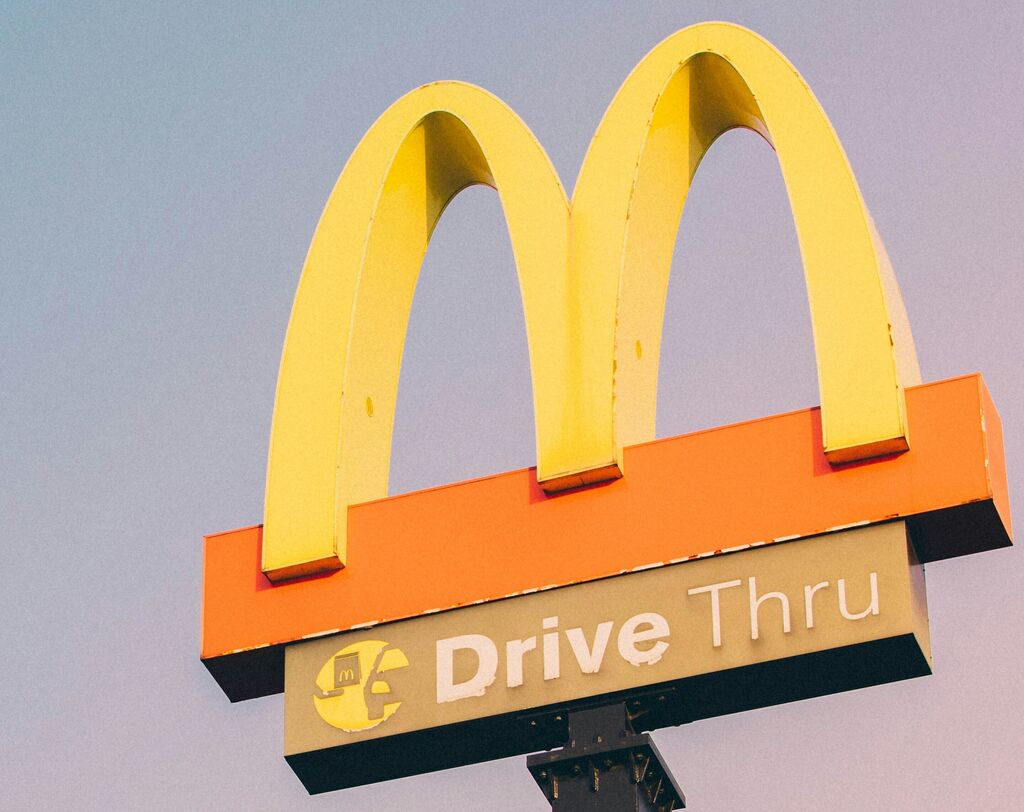Modern Slavery
McDonald's employed human trafficking victims, investigation finds

A BBC investigation has found that victims of modern slavery were forced to work at a McDonald’s branch and at supply factories for some of the UK’s biggest supermarkets, including Waitrose, M&S, Tesco and Sainsbury’s.
16 victims were forced by the same gang to work at the McDonald’s branch in Caxton, Cambridgeshire or at the bread factories in Hoddesdon, Hertfordshire and in Tottenham, which made supermarket own-brand products.
The case occurred due to well-known signs of modern slavery being missed, such as wages meant for multiple employees being paid into the same bank account. Shifts being worked within McDonald’s were far too long: sometimes up to 100 hours/week, and one victim once worked for 30 hours without a break. The victims were unable to speak English, and at least nine of them were registered as living at the same address in Enfield.
Almost half of the victims’ pay was stolen by the gang, and they were forced to live on a few pounds/day, all while the gang where buying luxury cars and gold jewellery in the Czech Republic.
On multiple occasions, the victims managed to escape and returned to the Czech Republic, only for them to be re-found by their traffickers and brought back to the UK.
One of the victims, Pavel, said he was promised a well-paid job in the UK. He told the BBC, “You can’t undo the damage to my mental health, it will always live with me…we were afraid. If we were to escape and go home, [the gang-leader] has a lot of friends in our town, half the town were his mates.”
The victims also had their passports confiscated by the gangs, were prevented from using phones, and monitored using CCTV.
The case raises questions about how seriously employers take background checks and the security of their staff.
McDonald’s said in a statement that it commissioned an independent review in October 2023 and is putting in place changes to “detect and deter potential risks, such as: shared bank accounts, excessive working hours, and reviewing the use of interpreters in interviews”.
Former Prime Minister Theresa May, who introduced the Modern Slavery Act when she was Home Secretary in 2015, said that the law needs to be “beefed up”, and the case showed that “large companies [are] not properly looking into their supply chains”. She also said that the Global Commission on Modern Slavery and Human Trafficking, which she heads up, is looking into what new laws can be introduced to hold companies accountable.
Share
